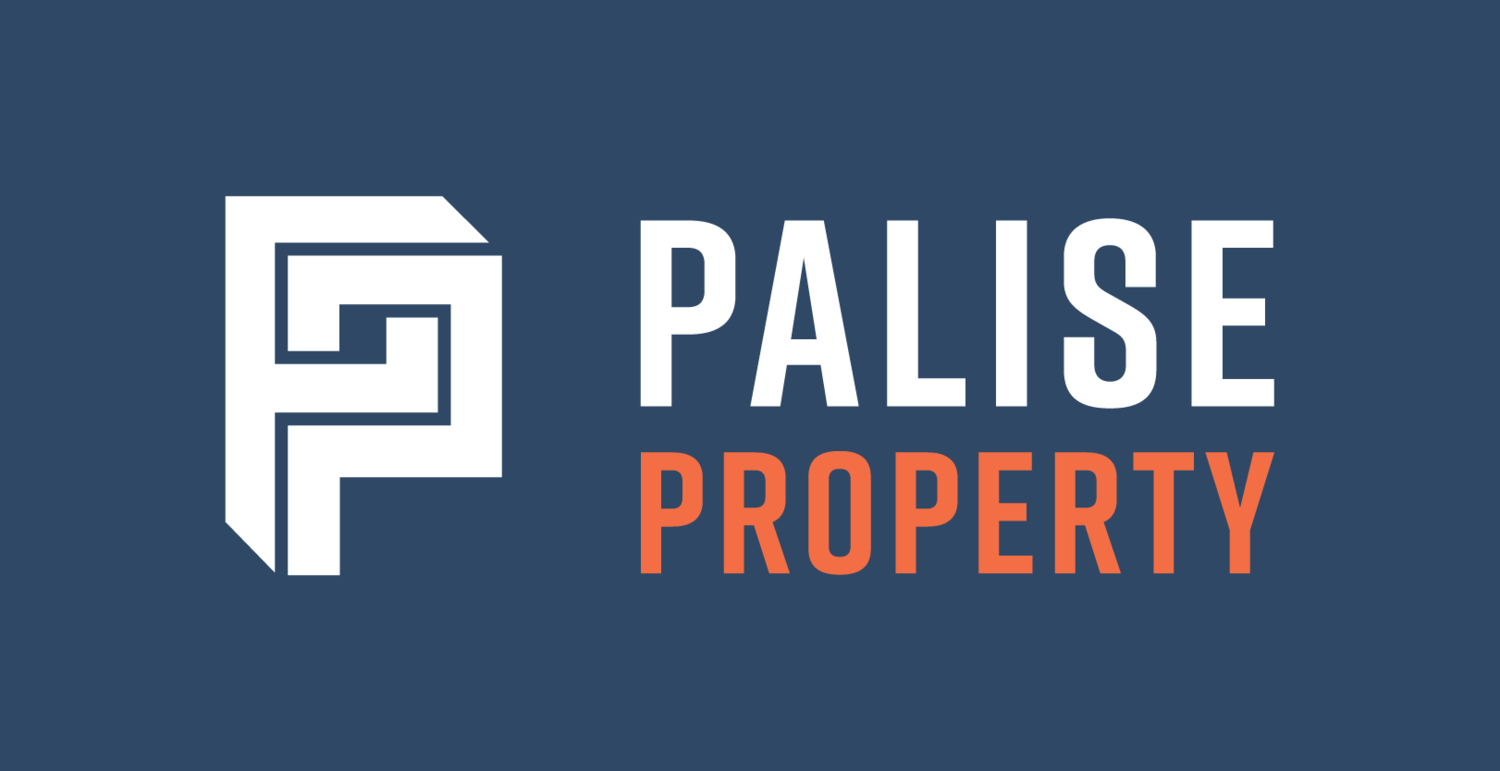Is Investing in Retail Property a Good Idea?
Investing in real estate has long been considered a lucrative venture, with various types of properties offering different opportunities for returns. While residential properties have their appeal, commercial properties, especially retail properties, can provide even higher yields.
In this article, we will explore the reasons why investing in retail property can be a good idea, the advantages it offers, and the considerations to keep in mind.
Why Invest in Retail Property?
Retail properties are commercial properties that are primarily used for businesses that sell goods to the public. These properties include retail stores, shopping centres, and other spaces where retail businesses operate.
Here are some key reasons why investing in retail property can be a wise decision:
High-Income Potential
Retail properties have the potential to generate substantial income due to several unique features.
Firstly, landlords can pass on many of the property's outgoings, such as water, rates, electricity, and waste management costs, to the tenants. This reduces the financial burden on the property owner and increases the overall profitability.
Additionally, leases for commercial properties tend to be long-term, typically lasting 3–5 years, compared to the shorter-term leases for residential properties. This provides a consistent and stable income stream for the property owner. Moreover, commercial leases often include yearly rent increases, further boosting the income potential.
Diverse Investment Opportunities
The retail sector offers a wide range of investment opportunities. From small retail spaces to large shopping centres, there are options to suit different investment preferences.
With the growing population and the development of new residential neighbourhoods, the demand for retail spaces is also increasing. This presents investors with a variety of locations and building types to choose from.
Working with a commercial property buyer's agent can help investors navigate the market and identify the most promising investment opportunities.
Alignment of Interests
Unlike residential properties, retail properties benefit from the alignment of interests between the tenants and the property owners. Business owners have a vested interest in maintaining the reputation and image of their establishments.
As a result, they are more diligent in taking care of the property and ensuring its upkeep. This shared interest between tenants and property owners contributes to the overall value of the property and creates a mutually beneficial relationship.
The Pulse of Retail Spending
Despite common narratives around declining retail spending, you must distinguish between different retail environments. While spending in large shopping centres like Westfield might be experiencing a downturn, local shopping strips may tell a different story.
Retail properties, depending on their location and nature of service, can often be low-risk investments.
What Influences the Success of Retail Properties?
The prosperity of retail properties is not determined by chance but is influenced by a confluence of factors such as:
Local Demographics: The population and its characteristics in the vicinity
Median Income Levels: The average income of the local populace
Traffic Volume: The amount of foot and vehicular traffic
Site Configuration: The physical layout and accessibility of the property
Residential and Commercial Density: The concentration of residential and commercial entities nearby
Tenant Mix: The variety and compatibility of businesses housed on the property
Leasing Dynamics in Retail Centres
Leasing in retail centres, especially smaller ones, often operates on a net basis, where tenants bear some operational costs, aligning with their interest in maintaining the business's presentation. In contrast, larger retail centres might adopt a model where tenants pay a flat rate plus a percentage of their annual sales, fostering a diverse tenant mix and enhancing foot traffic.
You should note that retail leases are subject to specific legislation, varying across Australian states and territories, with retail leasing acts regulating most retail shop leases. Understanding these Acts is vital for anyone looking to lease premises for retail business, as they impose additional obligations on landlords and stipulate costs that cannot be passed on to tenants.
Exploring Various Retail Property Types
There are a variety of retail property investment types that you can invest in.
1. Medical Properties
Medical properties cater to a unique set of requirements, such as additional plumbing and wiring for specialised medical room fit-outs. While some seek consumer exposure and are situated in high-traffic retail spaces, others, especially those housing specialist professionals, might opt for office locations.
2. Hospitality Businesses
Restaurants, especially those offering takeout services, have demonstrated stability even amidst fluctuating profits. However, factors like seasonal changes, the impact of global events like COVID-19, and high fire risks necessitate meticulous planning and insurance verification.
3. Service Businesses
Service businesses, such as salons and massage centres, require high foot traffic and affordable rent to sustain profitability. The number of skilled staff and fit-out costs are additional factors influencing their stability and mobility.
4. General Retail Properties
Encompassing a broad spectrum, general retail properties can house supermarkets, bakeries, news agencies, speciality stores, and childcare centres, each presenting unique opportunities and challenges for investors and tenants.
So, Is Retail Property a Good Investment?
Considering the potential income, diverse investment opportunities, and alignment of interests, retail property can be a good investment option.
The value of retail properties tends to be less volatile compared to stock market investments, making them a more stable choice. The higher income potential of retail properties, combined with the long-term lease agreements, contributes to a higher return on investment compared to residential properties.
However, as with any investment, thorough research and due diligence are essential. Understanding market trends, analysing location-specific factors, and assessing the potential risks are crucial steps in determining the viability of a retail property investment.
If you're considering easing that burden, choosing the right property manager can be a transformative step towards maximising your retail investment's potential while providing you peace of mind.
To take your education to the next level, you can check out our best-selling commercial property investing book or get in touch with our team for advice tailored to your individual needs.
